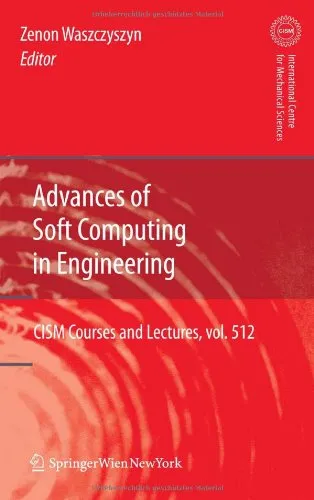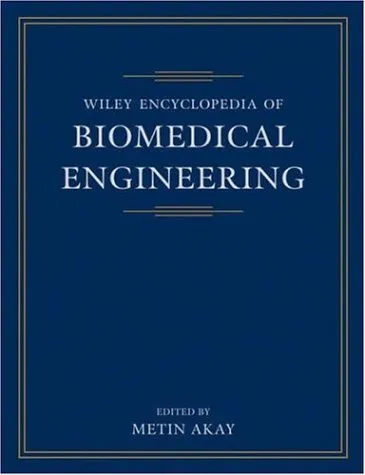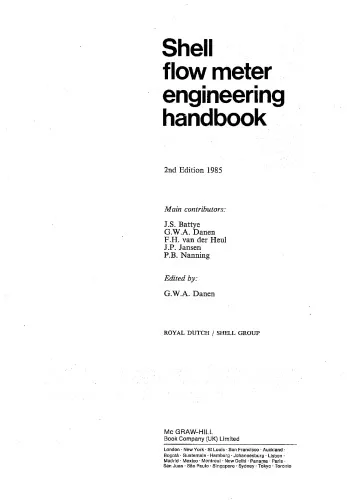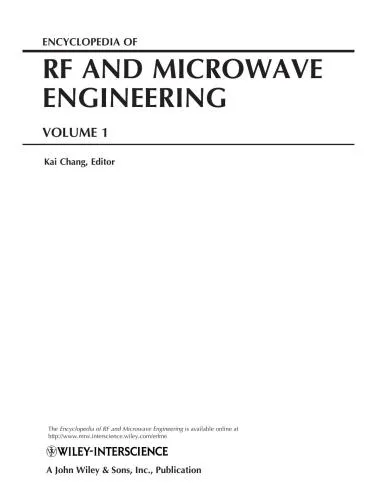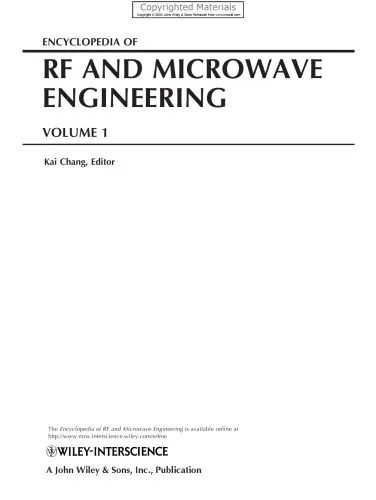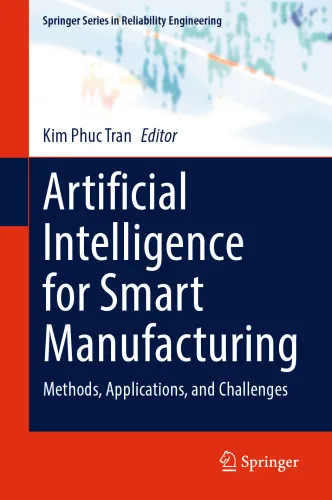Advances of Soft Computing in Engineering (CISM International Centre for Mechanical Sciences, 512)
4.5
Reviews from our users

You Can Ask your questions from this book's AI after Login
Each download or ask from book AI costs 2 points. To earn more free points, please visit the Points Guide Page and complete some valuable actions.Related Refrences:
Welcome to the introduction of "Advances of Soft Computing in Engineering", a cornerstone publication in the field of computational mechanics and engineering sciences. Authored by Zenon Waszczyszyn, this volume is part of the renowned CISM (International Centre for Mechanical Sciences) series, specifically listed as volume 512. This book delves deeply into the rapidly growing field of soft computing, exploring its potential to transform traditional engineering methodologies.
Detailed Summary of the Book
The book "Advances of Soft Computing in Engineering" is a comprehensive guide to harnessing the power of soft computing techniques, such as artificial neural networks, fuzzy logic, genetic algorithms, and other biologically inspired computational models, to solve complex engineering problems. Rigid mathematical frameworks have dominated classical engineering for decades; however, these frameworks often fall short when tackling nonlinear, ambiguous, or uncertain problem domains.
This volume introduces a paradigm shift by emphasizing the application of soft computing to areas like structural mechanics, optimization, material science, and fluid dynamics. With step-by-step explanations, the book showcases how these techniques can provide flexible, adaptive, and robust solutions for forecasting and decision-making in engineering systems. Each chapter presents real-world examples and case studies, allowing readers to see the impact of soft computing on fields like risk assessment, design optimization, and fault detection.
Key Takeaways
Readers of "Advances of Soft Computing in Engineering" will gain invaluable insights into the following:
- Understanding the fundamental principles of soft computing and why it is becoming a viable alternative to traditional numerical methods.
- Learning about the integration of artificial intelligence methods in solving non-linear and multi-objective optimization problems.
- Enhancing knowledge on hybrid techniques that combine genetic algorithms, fuzzy systems, and neural networks for advanced engineering applications.
- Exploring the pragmatic use of soft computing in predictive modeling, material behavior analysis, and simulation scenarios.
- Gaining access to real-world examples and computational results that illustrate the success of soft computing methodologies.
Famous Quotes from the Book
"Soft computing is not about replacing rigorous analytical methods but about complementing them with techniques that embrace uncertainty, adaptability, and human intuition."
"The art of engineering lies in solving problems that are not only technically correct but also practically applicable. Soft computing takes us closer to this goal."
"In a world defined by constant evolution, the ability to adapt computational models to uncertain, dynamic environments is paramount."
Why This Book Matters
Soft computing has emerged as a revolutionary field in recent years. Traditional approaches often rely solely on deterministic models, assuming strict rules and well-defined systems. While these methods provide reliable outputs in stable environments, they falter in dealing with the uncertainty and complexity of real-world applications. This book is essential because it bridges the gap between theoretical advances in soft computing and their practical applications in engineering sciences.
Engineering professionals, academics, and students alike will find this volume invaluable in understanding the interplay between computational models and human-inspired heuristics. It serves as both a primer for those new to the field and an advanced resource for seasoned practitioners seeking to apply these methods in innovative ways. The multidisciplinary approach ensures that its audience spans mechanical, aeronautical, civil, and other branches of the engineering sciences.
Moreover, its inclusion in the prestigious CISM series highlights the book's credibility and relevance. As industries worldwide move toward automation and intelligent systems, soft computing methods provide scalable solutions to contemporary challenges such as sustainability, resource optimization, and safety-critical engineering systems.
In conclusion, "Advances of Soft Computing in Engineering" not only educates readers about the tools and techniques of soft computing but also inspires them to think innovatively about its applications in engineering. It is a must-read for anyone aspiring to stay ahead in the rapidly evolving landscape of computational sciences.
Free Direct Download
You Can Download this book after Login
Accessing books through legal platforms and public libraries not only supports the rights of authors and publishers but also contributes to the sustainability of reading culture. Before downloading, please take a moment to consider these options.
Find this book on other platforms:
WorldCat helps you find books in libraries worldwide.
See ratings, reviews, and discussions on Goodreads.
Find and buy rare or used books on AbeBooks.
1219
بازدید4.5
امتیاز0
نظر98%
رضایتReviews:
4.5
Based on 0 users review
Questions & Answers
Ask questions about this book or help others by answering
No questions yet. Be the first to ask!
